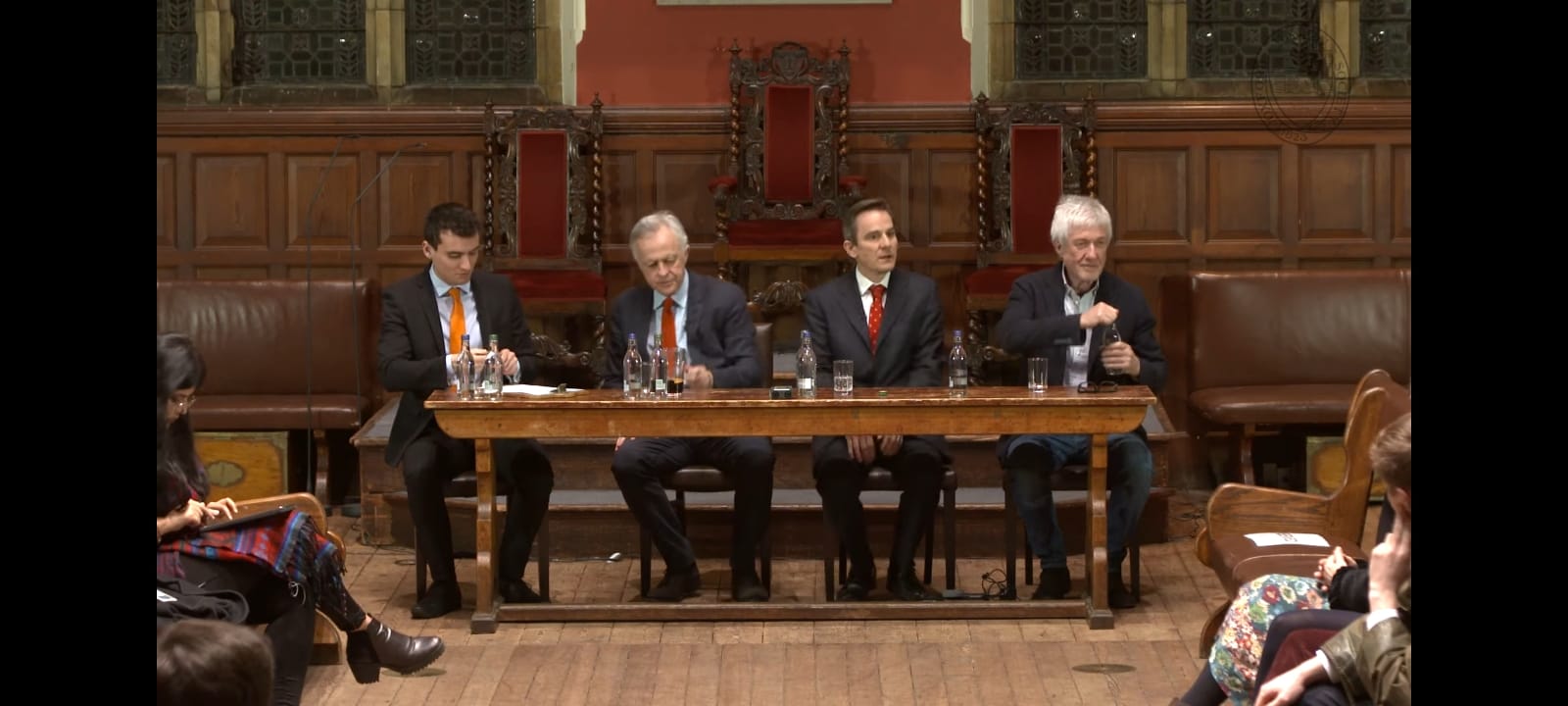Sukhmani Malik
5:24
5:26
5:26
5:29
5:32
5:33
5:34
5:34
5:35
5:37
5:37
5:38
5:38
5:39
5:40
5:40
5:41
5:42
5:44
5:44
5:45
5:45
5:46
5:46
5:47
5:47
5:48
5:49
5:49
5:51
5:52
5:53
5:54
5:55
5:56
5:56
5:57
5:58
6:01
6:03
Connecting…





